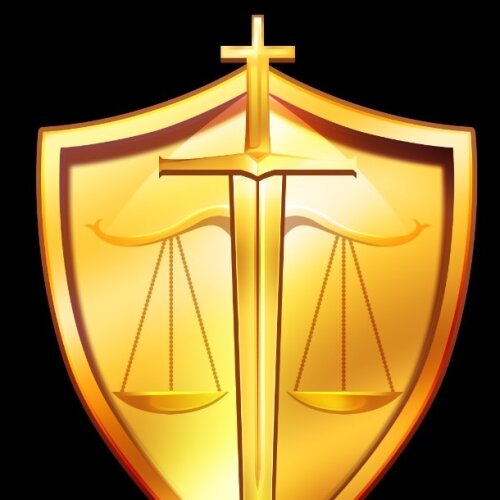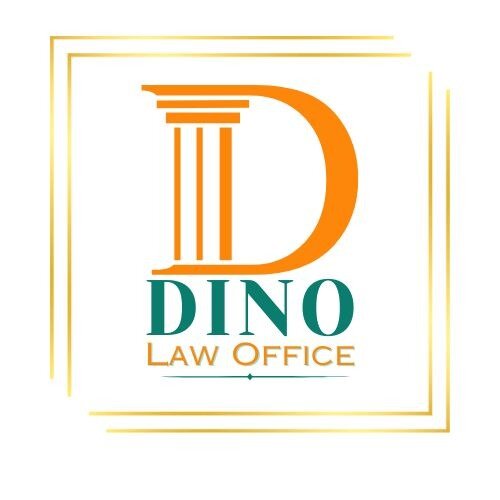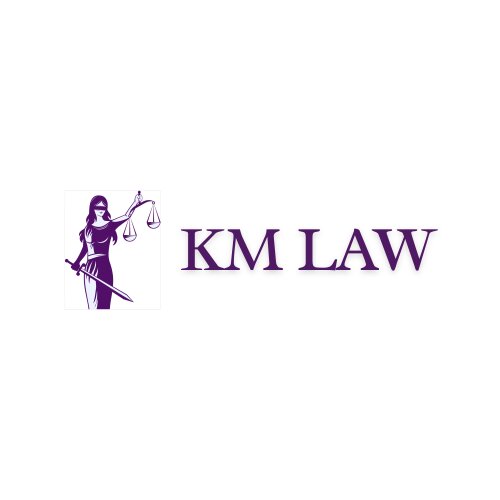Best Information Technology Lawyers in Philippines
Share your needs with us, get contacted by law firms.
Free. Takes 2 min.
Or refine your search by selecting a city:
List of the best lawyers in Philippines
About Information Technology Law in Philippines
The field of Information Technology (IT) in the Philippines has experienced rapid growth, driven by the country's strong IT infrastructure and skilled workforce. The legal landscape around IT has also evolved to address emerging challenges and technologies. This includes regulations on data protection, cybersecurity, electronic transactions, intellectual property, and e-commerce. As the government strives to promote innovation while safeguarding public interest, several laws and regulations have been enacted to create a secure and robust IT environment.
Why You May Need a Lawyer
There are several situations where individuals or businesses in the Philippines may require legal assistance in the field of Information Technology:
- Data Privacy Concerns: Compliance with Republic Act No. 10173, also known as the Data Privacy Act of 2012, is crucial for businesses handling personal data. Legal expertise can help navigate data breaches and ensure compliance with data protection laws.
- Intellectual Property Rights: Protecting software, trademarks, and copyrights in the IT space requires understanding of intellectual property rights laws and how they apply to technological innovations.
- Contractual Agreements: Formulating or reviewing contracts related to software licensing, service-level agreements, and other IT-related partnerships often require legal scrutiny.
- Cybersecurity Issues: Responding to cybercrimes and implementing robust security measures can involve complex legal challenges.
- Dispute Resolution: Legal assistance may be necessary for disputes arising from IT contracts or intellectual property infringements.
Local Laws Overview
The Philippines has enacted several laws that regulate various aspects of Information Technology:
- Data Privacy Act of 2012: This law aims to protect individual personal data in information and communications systems in both the government and private sector.
- Cybercrime Prevention Act of 2012: It addresses crimes committed via the internet and provides measures for their prevention, investigation, and prosecution.
- E-Commerce Act of 2000: It facilitates electronic transactions and provides legal recognition of electronic contracts and signatures.
- Intellectual Property Code of the Philippines: It includes provisions relevant to IT, covering copyrights, patents, and trademarks.
Frequently Asked Questions
What is the Data Privacy Act of 2012?
The Data Privacy Act of 2012 provides guidelines for the collection, processing, and storage of personal data to protect the privacy of individuals.
How can I protect my software legally in the Philippines?
Software can be protected under copyright law. It's advisable to register your software with the Philippine Copyright Office for added legal protection.
Is it mandatory for businesses to comply with the Data Privacy Act?
Yes, all businesses that process personal data are required to comply with the Data Privacy Act to ensure the protection of individual privacy rights.
What should I do if I encounter a data breach?
Immediately notify the National Privacy Commission and potentially affected individuals. Conduct a thorough investigation and take corrective actions.
What penalties exist for cybercrimes in the Philippines?
Penalties vary based on the offense but include fines and imprisonment, depending on the severity and specifics of the cybercrime as defined in the Cybercrime Prevention Act.
How can I ensure my e-contracts are legally binding?
E-contracts are recognized under the E-Commerce Act, provided that parties consent and essential contract elements are present.
Does the Cybercrime Prevention Act cover offenses committed outside the Philippines?
Yes, it has extraterritorial application when the cybercrime affects critical infrastructure or banking systems within the Philippines.
Are there specific IT certifications required by law?
While no specific IT certifications are mandated by law, certain industries may require compliance with standards like ISO for information security.
How does intellectual property law apply to technology startups?
Technology startups should secure intellectual property rights for their innovations, which can aid in business development and investor interest.
What legal steps can I take to protect my online business?
Ensure compliance with data privacy laws, secure intellectual property registrations, implement cybersecurity measures, and draft clear terms of service and privacy policies.
Additional Resources
For further assistance and information, consider the following resources:
- National Privacy Commission: For guidance on data privacy law and compliance
- Intellectual Property Office of the Philippines: For IP registration and protection resources
- Department of Information and Communications Technology: For updates on IT policies and infrastructure
- Cybercrime Investigation and Coordinating Center: For information on cybersecurity measures and reporting cybercrimes
Next Steps
If you need legal assistance in Information Technology, consider the following steps:
- Identify the specific legal issue you are facing (e.g., data privacy, IP rights, cybersecurity).
- Gather relevant documents and information pertaining to your case or concern.
- Consult with a lawyer specializing in IT law to discuss your legal needs and options.
- Evaluate your options and develop a legal strategy in collaboration with your lawyer.
- Stay informed about developments in IT law to better understand your rights and responsibilities.
Lawzana helps you find the best lawyers and law firms in Philippines through a curated and pre-screened list of qualified legal professionals. Our platform offers rankings and detailed profiles of attorneys and law firms, allowing you to compare based on practice areas, including Information Technology, experience, and client feedback.
Each profile includes a description of the firm's areas of practice, client reviews, team members and partners, year of establishment, spoken languages, office locations, contact information, social media presence, and any published articles or resources. Most firms on our platform speak English and are experienced in both local and international legal matters.
Get a quote from top-rated law firms in Philippines — quickly, securely, and without unnecessary hassle.
Disclaimer:
The information provided on this page is for general informational purposes only and does not constitute legal advice. While we strive to ensure the accuracy and relevance of the content, legal information may change over time, and interpretations of the law can vary. You should always consult with a qualified legal professional for advice specific to your situation.
We disclaim all liability for actions taken or not taken based on the content of this page. If you believe any information is incorrect or outdated, please contact us, and we will review and update it where appropriate.
Browse information technology law firms by city in Philippines
Refine your search by selecting a city.

















